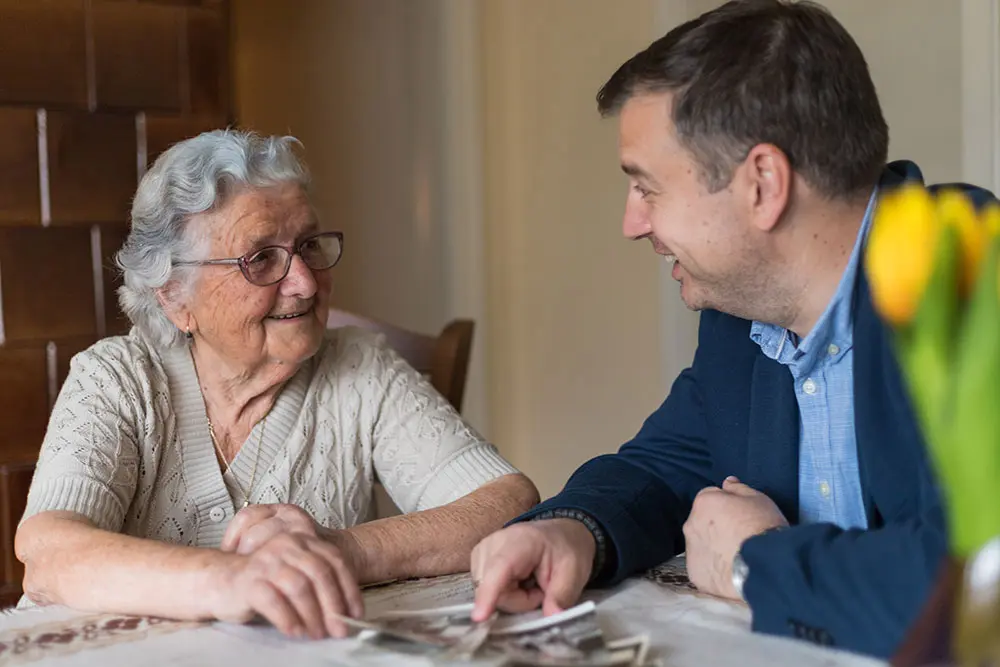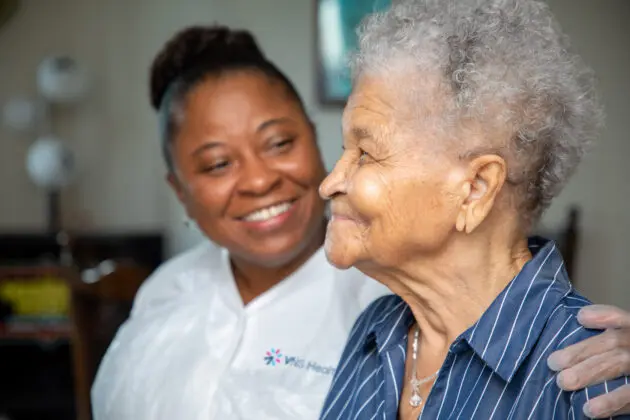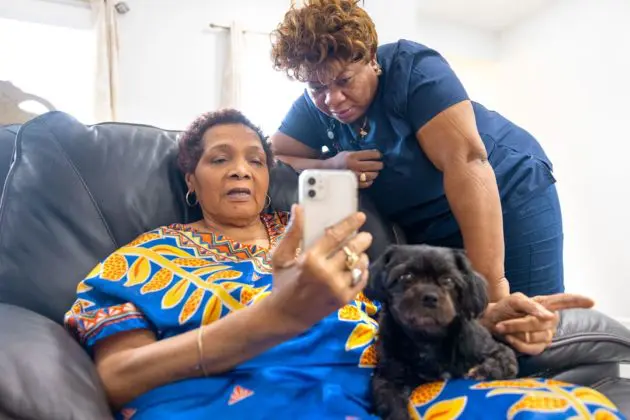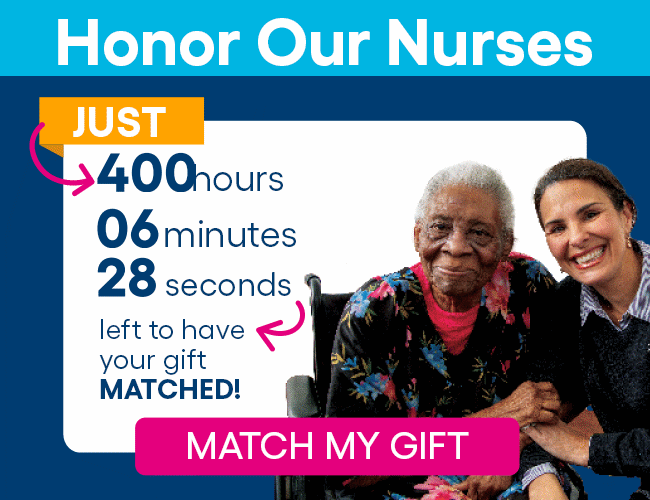
Caregiving can involve a wide range of important duties, from decision-making to personal care to managing transportation for appointments and errands. These tasks can be time-consuming and emotionally challenging — especially if they all fall on a single person.
To ease some of the demands on one individual, some families band together and divide up caregiving responsibilities. What tasks are necessary and how they are spread out will depend on the family’s needs, but here are some common caregiving responsibilities that can be shared to care for a loved one.
Helping with Mobility and Personal Care
As an illness progresses, your loved one may need help with mobility and personal care. The level of need will vary, but because providing personal care is often a daily task, it can be time-consuming. Your loved one may need help with:
- Getting in and out of bed
- Moving safely around their home or out in public
- Bathing
- Grooming, such as shaving or brushing teeth
- Getting dressed
- Eating
- Using the toilet
Taking care of someone else’s personal needs can be hard. You may feel awkward, or you may worry about how to safely lift and move your loved one. (You need to take care not to hurt yourself!) If your loved one is bedbound or in a wheelchair, you may be concerned about bedsores.
Your loved one’s home care team or medical team can help you feel more comfortable. You may also want to hire a home health aide to assist in meeting your loved one’s personal care needs.
When everyday tasks like cooking, dressing, and bathing become difficult, personal care services from a home health aide can offer much-needed support.
Managing Medical Care
You may become involved with your loved one’s medical care. This can range from something as simple as accompanying them to a doctor’s visit to as complex as providing care after a stroke.
More than half of adults 65 and up take four or more prescriptions daily, so one common caregiving responsibility is managing medications. Your loved one may need help keeping track of which pills to take when or which ones need to be taken with food. With guidance from a home care nurse, you might need to give medications through patches, injections, or an IV after your loved one comes home from the hospital. Other medical care tasks may include managing:
- Symptoms related to an illness
- Side effects of treatments
- Medical equipment, such as feeding tubes, infusion pumps, and catheters
- Wound care
- Nutritional needs
It’s important to make sure you understand all of your loved one’s medical care and how to perform the necessary tasks safely. If you have questions, reach out to their home care nurse or their medical team, and be sure to get in touch often because their medical needs can change.
Providing Transportation
When your loved one chooses not to drive or has trouble navigating the subway, you may be called on to help get them where they need to go. In fact, about three-quarters of caregivers say transportation is one of their main tasks, and it can be a time-consuming one.
Being able to get out is important for your loved one’s physical and emotional well-being. Medical appointments are a key factor in keeping them healthy, and personal errands — such as social visits and trips to the store — help keep loneliness at bay.
You may choose to provide transportation yourself, hire someone (such as a health care escort from VNS Health), use public transportation or car services, or rely on a combination of these approaches.
Whatever your approach, consider your own needs, the level of help your loved one requires, and the scheduling flexibility you’ll need. You’ll also have to consider costs — you can research ways to offset them by, for example, taking advantage of senior discounts and veterans benefits.
Doing Household Tasks
If your loved one lives at home, they have a household to maintain — which may be challenging for them to do on their own. In fact, you may already have been helping with yard work and changing light bulbs for years. Household tasks can include:
- Laundry
- Grocery shopping
- Meal prep
- Housekeeping and chores
- Home maintenance
Taking over household tasks often falls to the caregiver who lives closest. Whether you decide to take on these tasks yourself or hire outside help, start by making a plan. For instance, you might plan to do the grocery shopping on Sundays, so your loved one knows when the fridge will be restocked. And you might decide to prepare meals some days and order take-out on others.
Coordinating Care
Caregiving is not always a front-and-center experience. In fact, many caregiving tasks can be done behind the scenes, including coordinating care, which can include:
- Communicating with your loved one’s medical team
- Making appointments
- Refilling prescriptions
- Handling insurance matters
- Managing the costs of care
- Finding care from community resources
- Determining eligibility for programs
- Lining up respite care or an adult day center
These tasks play a major role in your loved one’s care. They may also involve making important decisions, which can be overwhelming. Reach out to your loved one’s care team for guidance, and lean on other family members when you need to. Geriatric care management can lighten the burden too.
Working Together as a Family
Involving the entire family in caregiving helps keep all of the responsibilities from falling on one person. However, communication and teamwork are necessary to ensure that everyone feels supported.
Being a caregiver is a noble and special role. However, it’s also a tough one. By dividing up and tackling your loved one’s needs together as a family, you can provide the best possible care.



